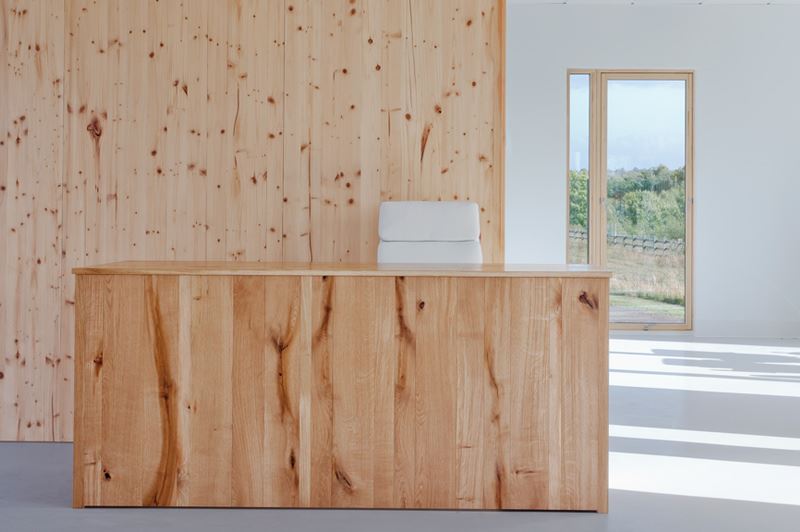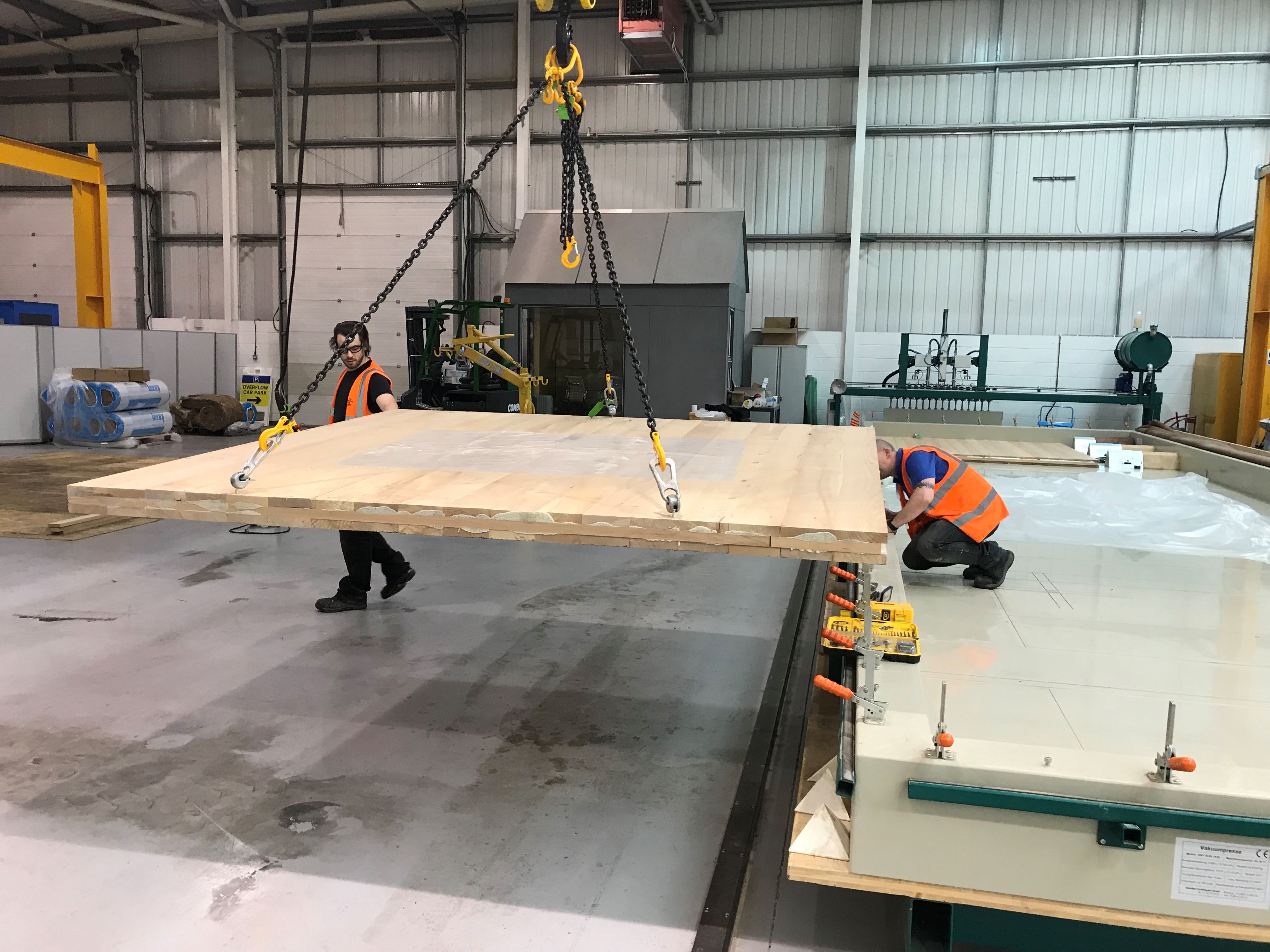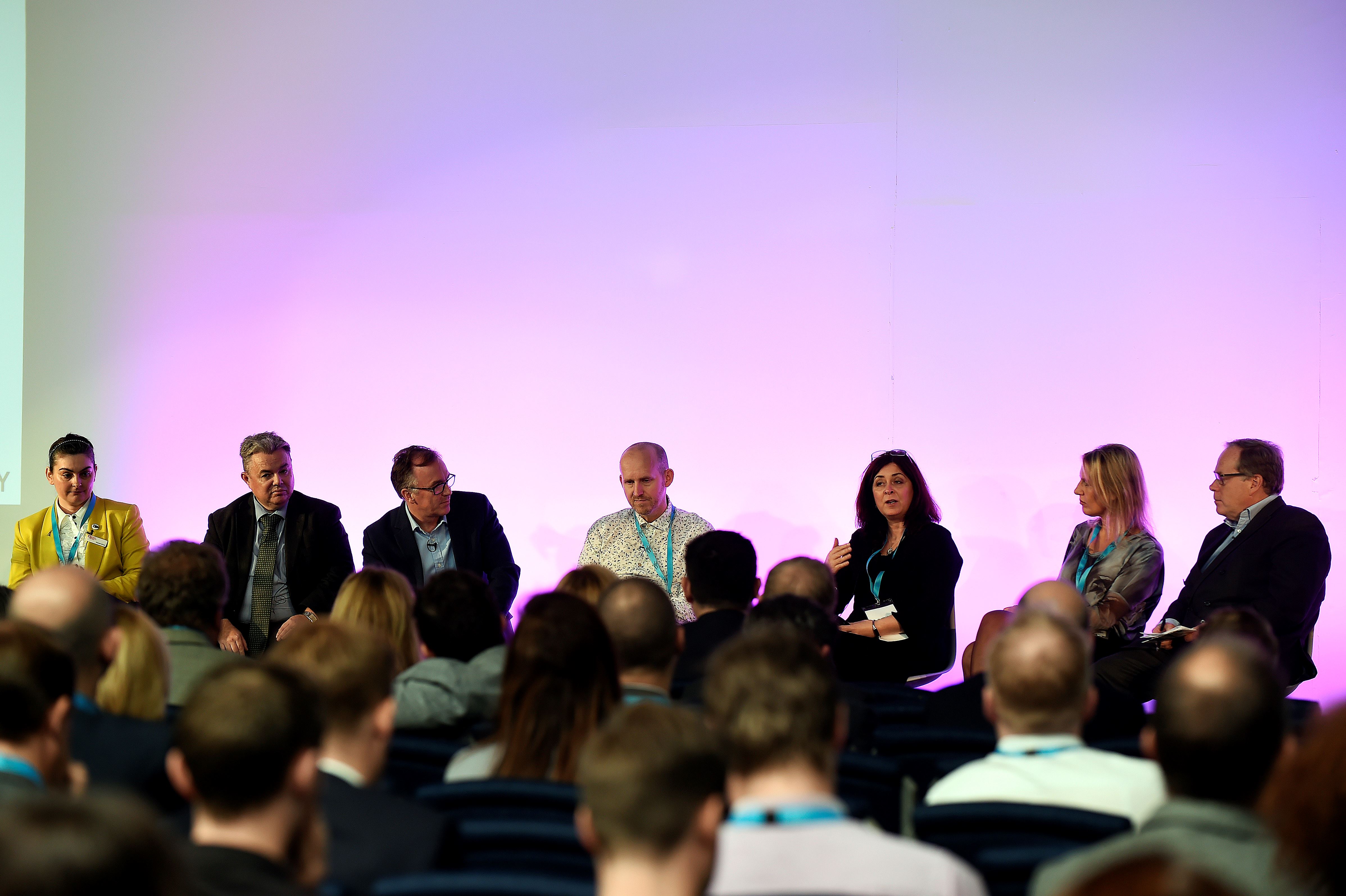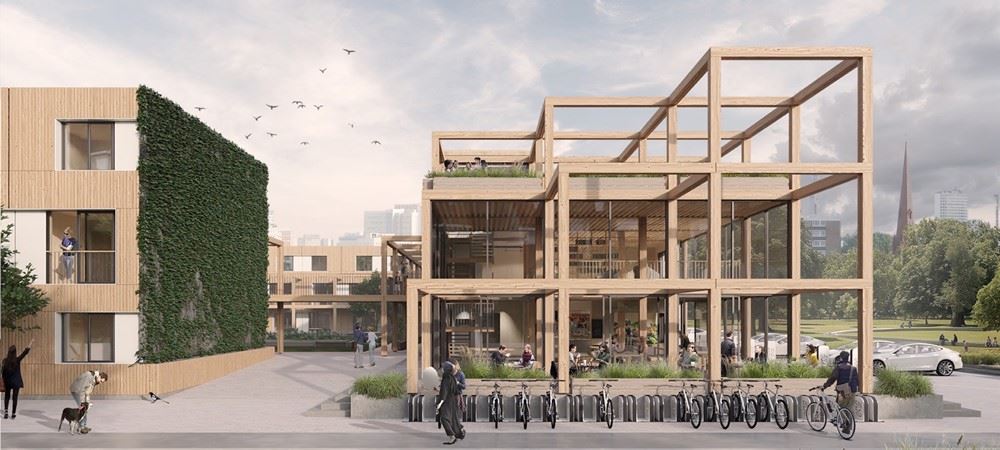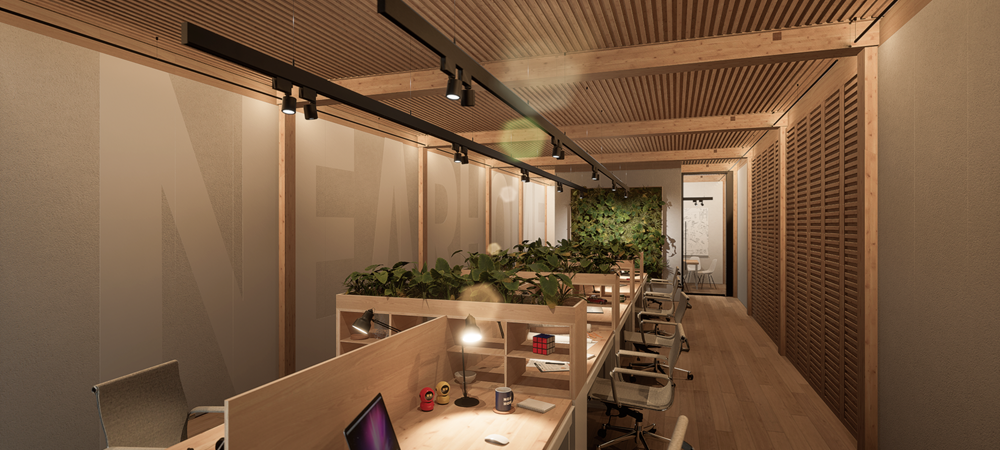Content
Accelerate to Zero Podcast: Developing retrofit skills with empathy and inclusivity
The Accelerate to Zero podcast is back with a new retrofit focused series in collaboration with the National Retrofit Hub (NRH). Throughout the series, we’ll spotlight each of the six working groups within the National Retrofit Hub, featuring various guest speakers and innovators from across the UK retrofit sector.
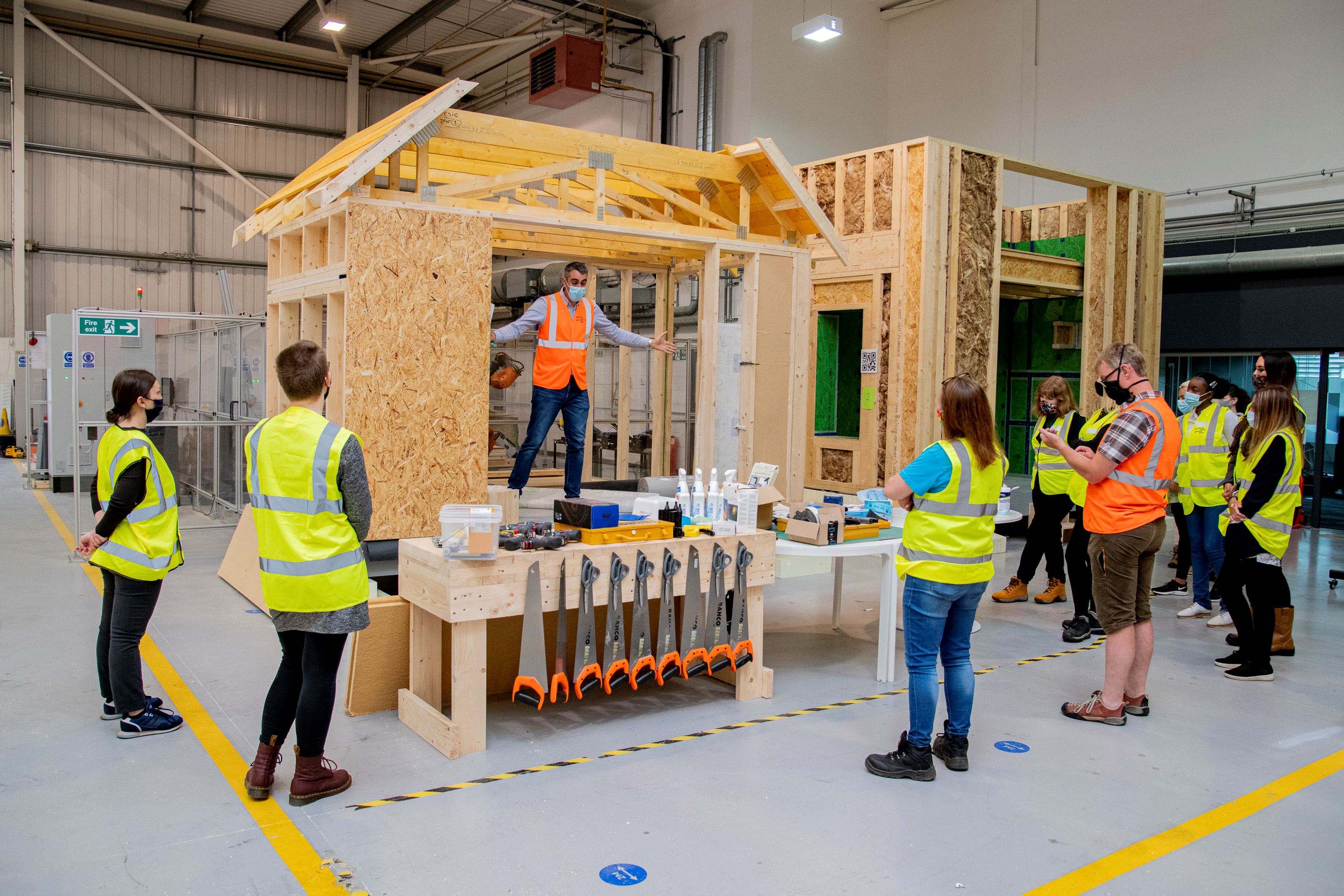
In the third episode of the Accelerate to Zero podcast, Sarah Edmonds, Head of Citizen Engagement at Built Environment - Smarter Transformation (BE-ST), hosts a conversation with Douglas Morrison, Deputy CEO of BE-ST, and Pippa Palmer, Founder of Polln and Co-Chair of the National Retrofit Hub’s Working Group 3 focused on retrofit skills development.
The discussion explores the challenges and opportunities in preparing the workforce for the massive task of retrofitting the UK’s built environment to meet net zero targets, addressing the skills gap and fostering a more inclusive and empathetic workforce.
Rewriting the perception of retrofit
The retrofit sector holds great potential for addressing the climate crisis, but it is often misunderstood. As Pippa explains the language used in the sector often alienates those outside the industry. Moreover, many fossil fuel workers—whose skills are vital for this transition—struggle to see how they fit into this emerging space. She says, "There is a lot of cultural identity tied up with certain belief systems that need to be displaced in a very gentle and reinforcing way to show people what a good future looks like rather than being combative."
Barriers to participation
A key focus of the conversation was the challenges facing those entering the retrofit industry, particularly for individuals who identify as neurodiverse. Many current training and certification systems, like PAS (Publicly Available Specification) standards and Trustmark, are bureaucratic and difficult to navigate, especially for individuals with non-traditional learning backgrounds.
Pippa highlights that around one in four people in construction say they are neurodiverse, stressing the importance of making the process more accessible. She called for a 'national skills strategy’ that actively removes these barriers to improve participation in retrofit.
Douglas adds that diversity and inclusion must be at the heart of the sector’s evolution. He notes that a workforce representative of society’s diversity is a "critical precursor" to meeting the needs of the retrofit sector and urges those who might feel out of place in this industry to recognise the enormous social and environmental value they can contribute.
Roles in retrofit need to be reimagined
Douglas brings up the need for professionals to rethink their roles within the sector. Retrofit is not just one skill or job - it requires a multidisciplinary approach, blending technical knowledge across various fields. He asks, "Is retrofit a discipline? Is it an occupation? Is it a skill set? It’s all of the above." Nevertheless, he recognises that professionals need more support in transitioning to this new identity of a 'retrofit professional’.
Leading with empathy
Both Pippa and Douglas underscore the importance of empathy in driving transformation in retrofit skills and competencies. Pippa stresses that retrofit should be approached relationally, not just technically, while Douglas highlights the need for a "deep degree of empathy" to support individuals as they reimagine their professional identities. This empathetic approach is vital in helping those from diverse backgrounds find their place within the retrofit sector.
Sara concludes by reflecting conversations around the transformation of the sector being gentle, non-combative, and empathetic. The conversation underscored that retrofit is not merely about solving technical issues but understanding the human impact of this work. The future of retrofit will require a more inclusive and accessible sector, where barriers are dismantled, and diversity is seen as a strength. By embracing these values, the construction industry can unlock its full potential in creating a sustainable and inclusive future.
Ep 703: Douglas Morrisons, BE-ST & Pippa Palmer, Polln
Together, they explore the challenges and opportunities in preparing the workforce for the massive task of retrofitting the UK’s built environment to meet net-zero targets.
